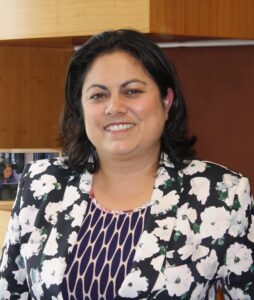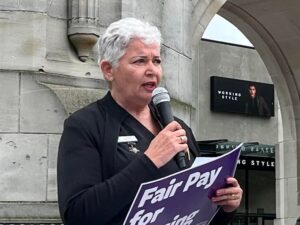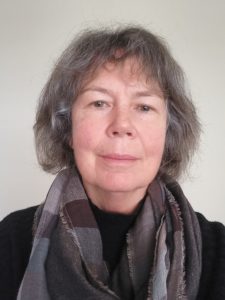Despite information provided to the Government last year by NZNO and the General Practice Owners Association (GenPro), demonstrating a pay gap, practice nurses were left out of pay parity funding in November, with the former minister of health Andrew Little saying there was not enough evidence of disparity.

In early March, Minister of Health Ayesha Verrall asked officials to re-investigate the wage gap between GP nurses and their counterparts at Te Whatu Ora.
“If disparities are found, Te Whatu Ora will advise myself and the Minister of Finance and we could make funding available from 1 July 2023 for the primary care sector,” she said in a statement to Radio New Zealand.
A Government survey “to determine the scale of the wage gap” was sent to GPs on April 20, six weeks after the Minister of Health’s direction.
The closing date for the survey was extended by one day to April 28, “in order to provide greater opportunity for practices to respond”, Te Whatu Ora group manager community health system improvement and innovation, commissioning Mark Powell said.
The survey is “seeking information on how many nurses and kaiāwhina there are, where they are, and what they are currently being paid”.
GenPro has advised its members not to complete the survey, but other GP groups, including the Royal New Zealand College of GPs and General Practice New Zealand recommended GPs take part, New Zealand Doctor reported.
‘We acknowledge the tight timeframes . . . but believe that this work is urgent given the concerns raised about workforce challenges in the sector.’
GenPro chief executive Philip Grant told Kaitiaki that the association was “pushing back” on the survey.
” . . . the proposals we have heard continue to treat general practice nurses like a second-class workforce, they will not address the current NZNO PHC multi-employer collective agreement (MECA) claim and, they will leave a significant unfunded pay gap.”
Powell confirmed some practices had “declined to participate”, but would not say how many.

“We acknowledge the tight timeframes for general practices to return the data, but believe that this work is urgent, given the concerns raised about workforce challenges in the sector.”
He said the survey data would be used to advise ministers, and implement ministerial decisions on the allocation of the pay disparity funding.
The PHC multi-employer collective agreement expired on August 31, 2021.
NZNO released results from its second wage survey of members who work in general practice on April 22.
It confirmed widespread and significant disparity in pay rates.
‘You are the ones who will help us to become healthy, stay healthy [in the community] . . . and we will continue to fight until we win.’
Of 1135 respondents, the base hourly rates were up to 20 per cent less, on average, than those paid to their counterparts at Te Whatu Ora.
The survey found 34 per cent of RN respondents were still being paid rates from the expired PHC multi-employer collective agreement, which were between 22 and 27 percent ($5.77 and $9.68 per hour) less than their Te Whatu Ora colleagues.

PHC nurse and delegate Denise Moore said the exlusion of GP nurses from the Government’s pay parity funding was “manifestly unjust”.
“It devalues general practice nurses who were essential to the fight against COVID and whose role it is to help keep people out of our overcrowded hospitals.”
A decision on funding was needed immediately, to stem the flow of nurses from the profession, Moore said.
NZNO presented the survey results to Te Whatu Ora staff, including Powell, on Friday, April 21.

The injustice of pay disparity for PHC nurses has been raised with the Government, and previous governments for years, and the lack of action was “not good enough”, NZNO president Anne Daniels said.
PHC members had every right to feel upset about the situation but she urged them to “use their anger, and stand strong”.
NZNO was “absolutely prioritising pay parity” for practice nurses, Daniels said, when asked what her message for members was.
“We need you, and I have huge respect for the work that you do. You are the ones who will help us to become healthy, stay healthy [in the community] . . . and we will continue to fight until we win.”




